"Golf Really Gave Me My Life Back” - Five Inspiring Disabled Golfer Stories
Ben Evans recounts five inspirational stories from the European Disabled Golf Association’s new book, Mulligan – tough love and second chances
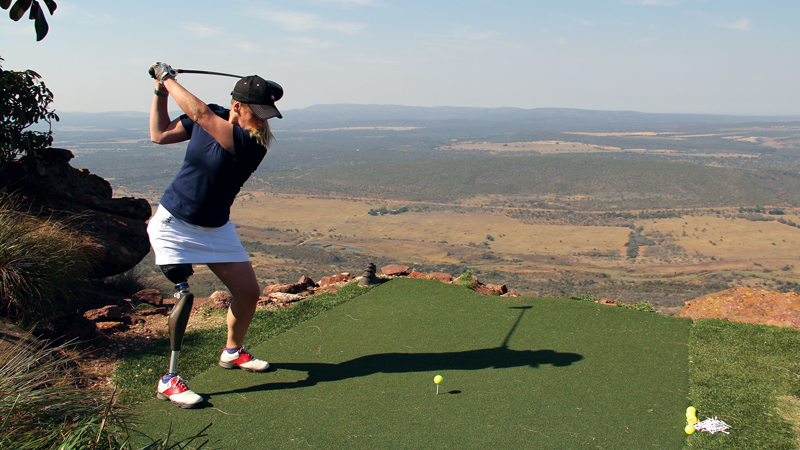
Ben Evans recounts five inspirational stories from the European Disabled Golf Association’s book, Mulligan – tough love and second chances
"Golf Really Gave Me My Life Back” - Five Inspiring Disabled Golfer Stories
Stewart was blown up on patrol in Afghanistan; Monique was dubbed “the next Chris Evert” but in a wheelchair at 14; pizza guy Lucas took eight gun shots in his back from robbers for some loose change; and a new-born Ales wasn’t judged alive and put in a hospital waste basket.
All these people are thriving today and share one thing in common: they love golf and the ‘tough love’ it offers them in return.
These men and women play together on an international golf tour set up by the European Disabled Golf Association (EDGA), an international not-for-profit organisation.
They call themselves ‘Golfers First’ because they refuse to be defined by their disability.
There is Aussie Mike Rolls, who was battered by meningococcal septicaemia when 18 – he’s now a published author and near-scratch golfer with two prosthetic lower legs and missing fingers; Jes Høgh, a powerful Danish international footballer who played for Chelsea and Fenerbahce, suffered a severe stroke and battled back using golf in his rehab; and Shlomo, another gunshot victim who’s enjoying life despite being in a wheelchair.
Get the Golf Monthly Newsletter
Subscribe to the Golf Monthly newsletter to stay up to date with all the latest tour news, equipment news, reviews, head-to-heads and buyer’s guides from our team of experienced experts.
Frenchman Pierjean Friston was training to be a fighter pilot when he lost his leg after a bike smash; he fought back to become a famous TV anchorman.
Geoff Nicholas, raised in Sydney, was born a Thalidomide victim.
He went on to become a tour professional and outscore a certain Tiger Woods in the first round of the 1996 Australian Open.
These are some of the 18 people from 16 countries with different disabilities featured in the book 'Mulligan – tough love and second chances.'
Here, you will read “golf saved my life” a number of times, and how exercise, a purpose, friends and of course the birdies, both on the scorecard and in the trees, have inspired troubled souls.
Mulligan all stems from generous support by Ping in a Profiles series found at edgagolf.com (see end). Here are five snapshots from the book...
Stewart Harris
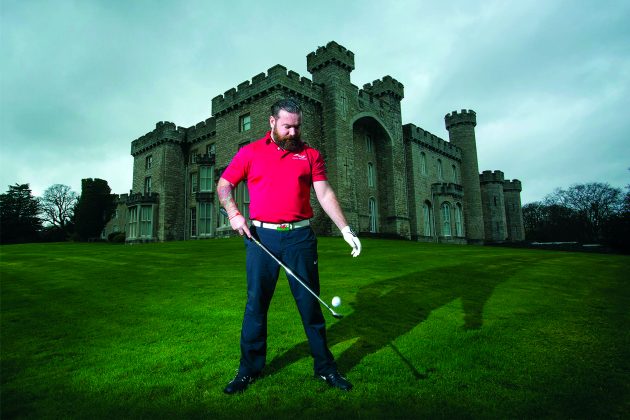
“One day I woke up and thought ‘I can’t live like this anymore’. I went to my local beach and I walked into the water... I really wanted to finish it, but I thought I just can’t do that to my girls.”
Years earlier, at 17, Stewart joined the Welsh Guards and was shipped out to Bosnia in Number Two Company for his first tour of duty.
More would follow in Northern Ireland, Kosovo and Iraq and then came Afghanistan, including North Helmand Province.
In one early engagement, the lads lost their commanding officer, Lieutenant Colonel Rupert Thornloe, “a terrific leader”.
Stewart helped carry his coffin into the chapel.
On the next tour, he lost five more colleagues, and three more later in the “bandit country” of Sangin during a single Taliban ambush.
No time to grieve, his “band of brothers” were back doing their job soon after.
“We were out on patrol when we got hit by a massive explosion,” he says.
Stewart’s brain injury caused partial blindness; he suffered deafness and severe physical injuries, which could all be tackled at the leading rehabilitation centre, Headley Court.
Mentally, though, things were bleak.
Stewart was eventually diagnosed with PTSD, suffering from recurring nightmares, flashbacks and anxiety, leading to that walk into the sea and his wife Rhian calling for medical help.
Then, one day in the mental health unit, Stewart’s life took a turn for the better.
Martin, a veteran, said: “Does anyone want to come golfing?”
At the driving range that day, he spread 49 of the 50 balls all over the field, but one shot came right out of the middle.
It grabbed Stewart by the shirt and pulled him forcibly into the sport for life.
Stewart loves his golf and has become a good player.
He is now an ambassador for Wales Golf and ABF The Soldiers’ Charity and has helped promote inclusive golf, including speaking at an R&A symposium in St Andrews.
“Golf is my medication. I am a healthier person for it, not just physically; it is also social,” he says.
Stewart’s advice to others who have suffered is: “Don’t panic. Take it one day at a time and your life will change, but it could be for the better. You can still go on to help others do amazing things.”
Caroline Mohr
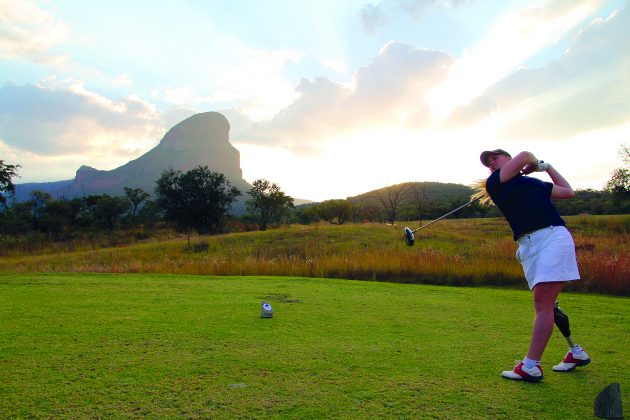
When Caroline was eight, she was tricked into playing golf for an ice cream by her dad.
In 2011, ‘Carro’ was a 22-year-old Swedish golfer aiming to follow her sister Louise onto the Ladies European Tour.
The sisters were lunching in Christchurch, New Zealand, one day, when suddenly “everything started to shake... food was flying everywhere” and the pair were running for their lives through the streets as buildings collapsed in that infamous earthquake that killed 185 people.
Just weeks later, Caroline was expecting encouraging words from her doctor after struggling with a troublesome knee, only to learn she was suffering from an aggressive form of bone cancer.
Amputation from above the right knee was the solution. The news was devastating.
Carro always loved playing with her sister, and this, and the love of her family and trusted friends, would help her recover.
She found herself using the same mental techniques from golf, like for first-tee pressure, when she walked through the doors of the hospital and waited for surgery.
This capacity to focus helped Carro look her surgeon in the eye.
She said: “When you take my leg, you are going to give me life. He then said, ‘let’s make a handshake to that’. That felt really good."
Five days after surgery, Caroline was in the hospital’s rehab wing when she spotted a golf club and remembered her “happiness as an eight year-old, eating ice creams”.
Just two months later, Carro played with Louise in the Swedish Championships.
Her name is now engraved on the winner’s trophy for the European Individual Championship (2012 and 2014).
Today, Caroline is a motivational speaker, an ambassador for Allianz and a supporter of the charity Star for Life.
She has raised thousands of pounds to help finance a school in South Africa to assist children in one of the most vulnerable areas regarding HIV and AIDS.
“Golf has brought both joy and passion into my life and showed me that it can really bring us out of tough situations. Golf really gave me my life back,” she says.
Gareth McNeilly
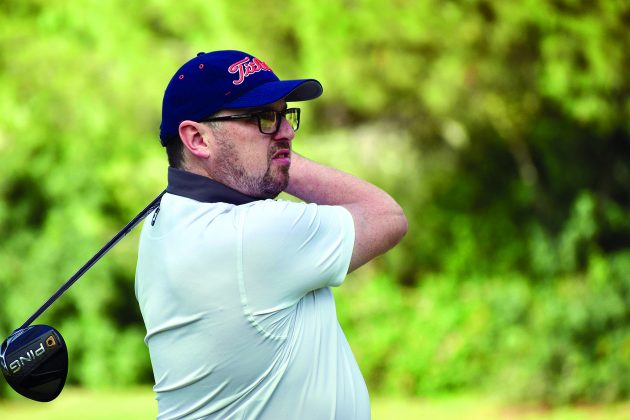
Gareth McNeilly grew up by the shores of Lough Neagh in Antrim, Northern Ireland.
As a lad he was always playing Gaelic football, watching local motorcycle races and cheering on Manchester United.
He was inspired to play golf by his auntie Sheila and Gareth and his friends dug a few holes in the ground in a field, where he pretended to be Seve Ballesteros.
He would join Massereene GC aged 15, but by his early 20s motorbikes were the draw for this ‘happy-go-lucky’ spirit.
One day in 2004, Gareth and three mates were flying along when Gareth’s throttle jammed open.
After the crash, he looked back to see the bottom of his leg was still in the boot which was no longer connected to the rest of his body.
One of his mates, Mark Gaul, used a belt to slow the bleeding.
Gareth thanks “the brilliant team at Musgrave Park Hospital” for his above-knee amputation, their care during his month in hospital and rehab until he was walking again.
It could have been worse – a day after his accident, two brothers from the local town were killed in a bike crash.
From the start, Gareth’s positive attitude was remarkable to his friends and family.
“I have never had a bad day, the NHS provided me with a great leg, and life is good,” he says.
His fitness rehab revolved around swimming and he would win national medals.
The golf clubs stayed in the shed for ten years until he saw an EDGA social media post and realised he could compete again in golf.
“I suffer the day after a round, and often need to leave my prosthetic leg off as a result. But that’s a price worth paying for the incredible experiences I get playing golf. I got a second chance at life. There is life after an amputation, so go for it,” Gareth says.
Today, aged 42, he runs his own support-services company.
Golf remains a great passion and he still claims to play the odd shot like Seve.
“Winning an EDGA event is still a box I need to tick!” he says.
Paul Ellison
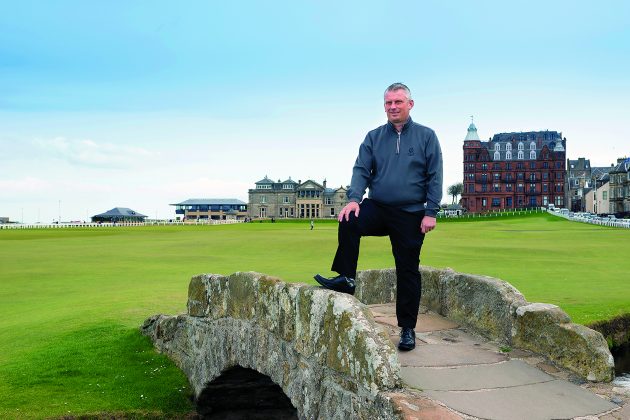
To first set foot on the Old Course, St Andrews, is a joy for any golfer, but to walk the hallowed turf as a player and caddie more than 5,000 times is a rare privilege which Paul Ellison has both enjoyed and endured.
Much of the 50 million steps he has taken on the hallowed turn have been painful for this friendly Scot.
Paul is an accomplished golfer, but for the last 30 years his life’s work has been helping players to enjoy their experience on the links.
First as a caddie for two decades, with golfers such as actor Samuel L Jackson benefiting from his sage advice, and more recently – as his disability of hereditary spastic paraplegia has progressed – as one of the people who make sure that the players and caddies are all where they are supposed to be in his working role for the St Andrews Links Trust.
Few people will know the local links as Paul does; he demonstrates an innate understanding of the course, the nuances of the terrain, the dangers and the capricious greens.
He also has a deep knowledge of the game itself and boasts a keen interest in the psyche of golfers.
His HSP condition is progressive, and in its mildest form renders those it affects with stiffness and spasticity of the legs.
By practising pilates to lengthen the muscles and tendons, and keeping active, he hopes to slow any progression which would further reduce his mobility.
Golf has given Paul a gift and he believes the sport is missing an enormous opportunity as it is an ideal game for players of all abilities.
Even having the chance to just hit a few balls at the local range can be therapeutic and a way into golf for many with a disability – a stepping stone into the sport.
Monique Kalkman
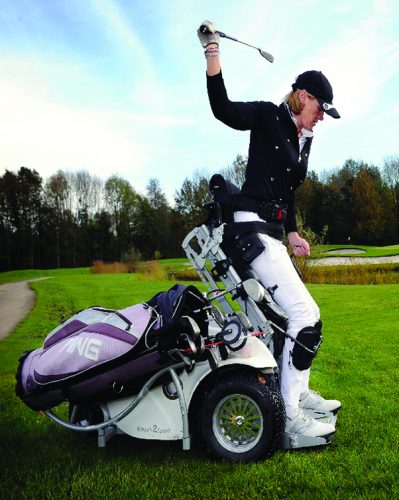
Monique has an athlete’s understanding of perseverance, which first meant honing early tennis skills by pounding a tennis ball against the bricks of the garden wall.
She was a very good player, judged by many in her Dutch community as “the next Chris Evert”, and Monique loved watching Chrissie on TV.
Then in 1979, aged 14, when hopes and dreams were blazing, mysterious exhaustion led to the discovery of a cancerous tumour on her spine: she would be confined to a wheelchair.
“It didn’t cross my mind how life would be, how things would work at home, how it would work with boyfriends; there was one thing I thought about – there goes my tennis dream.” she says.
Somehow Monique came through this with the help of her large, always positive family (including four sisters and two brothers).
Even at 14, Monique refused to be defined by her disability by well-meaning “white coats” in a gloomy rehab centre. Her emotional intelligence at that age seems remarkable.
Within a year, Monique was watching the Paralympics and four years later would go on to win the gold medal in table tennis aged 19, in 1984.
That came before she won gold medals in tennis at successive Paralympics and earned the crown of World No.1 for six years, frequently watched in matches court-side by the family boxer dog, Murphy.
Ten years after retiring from tennis in 1997, Monique was drawn to golf, “amazed by the beauty of the nature” on a golf course.
She uses what is called a ‘paragolfer’, which allows her to play from a standing position.
The paragolfer suits a one-handed swing for mobility and rhythm, and today she belts a ball in EDGA tournaments with her right arm, with the same conviction as she used to belt that tennis ball against the garden wall.
One day in 2017, Monique’s telephone rang.
It was one of the legends of tennis, Stan Smith (former Wimbledon Champion).
She was invited to be an inductee to the International Tennis Hall of Fame.
In that year’s Australian Open, Monique found herself on the same court as the likes of McEnroe, Becker and Navratilova, and she got to meet and chat at length to Chris Evert herself.
Photography: European Disabled Golf Association
* Visit www.edgagolf.com/book where you will find further details of the Give and Gift campaign, and will then have the opportunity to donate and receive a complimentary copy of Mulligan – tough love and second chances as a token of the EDGA’s appreciation.
-
 Volvo China Open 2025 Picks, Odds And Predictions
Volvo China Open 2025 Picks, Odds And PredictionsFollowing a break for The Masters, the DP World Tour returns for the final two weeks of its Asian Swing and the Volvo China Open is the penultimate event
By Jonny Leighfield
-
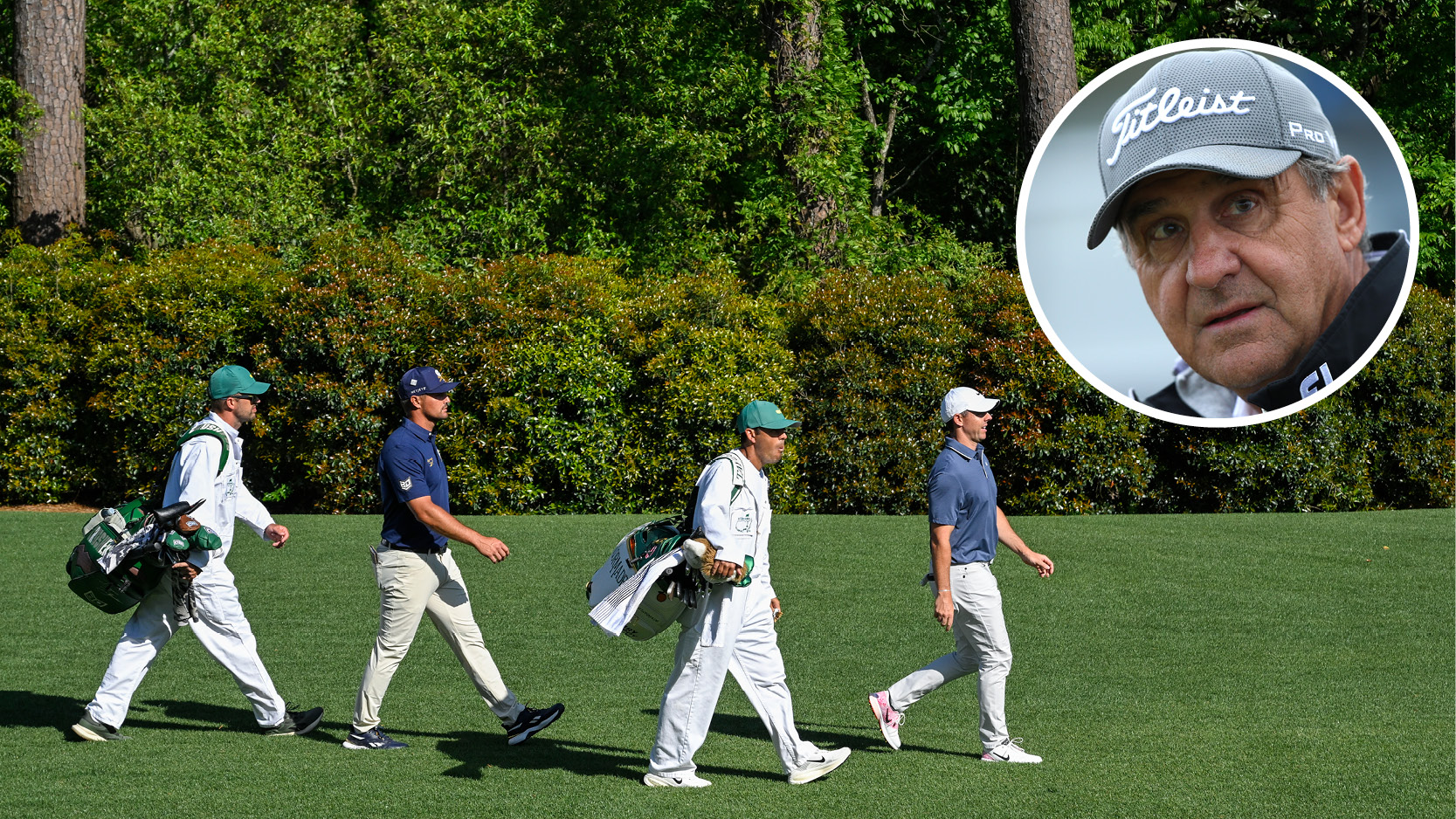 Rory McIlroy's Sports Psychologist Explains Why He 'Didn't Talk' To Bryson DeChambeau In Masters Final Round
Rory McIlroy's Sports Psychologist Explains Why He 'Didn't Talk' To Bryson DeChambeau In Masters Final RoundDeChambeau raised eyebrows at Augusta National when claiming that McIlroy wouldn't engage in conversation during the final round of The Masters
By Jonny Leighfield
-
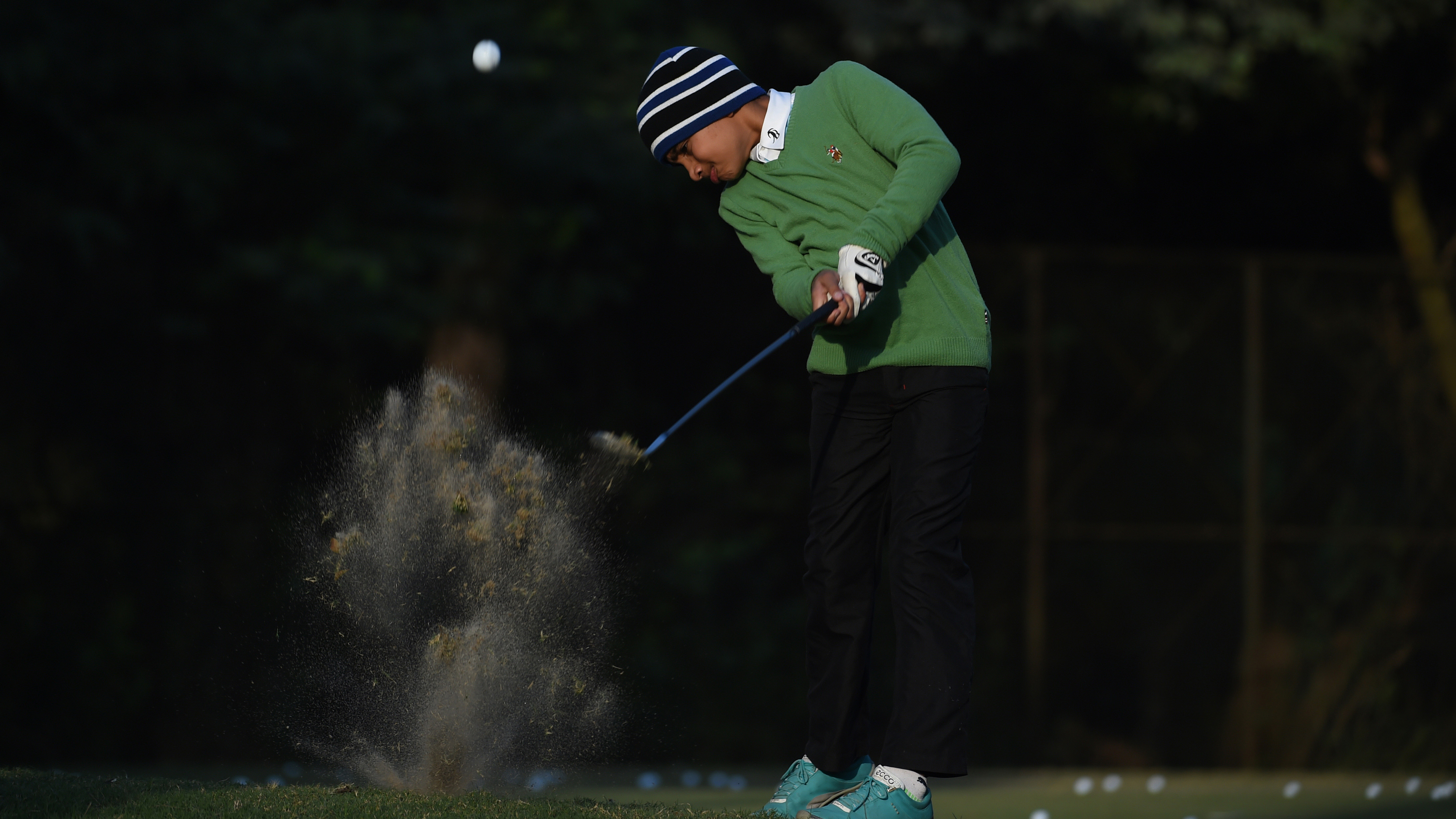 Should Juniors Play In Adult Club Competitions?
Should Juniors Play In Adult Club Competitions?All golf clubs should be working hard to attract and retain junior golfers but is allowing them to play in adult competitions a good way to do it?
By Fergus Bisset
-
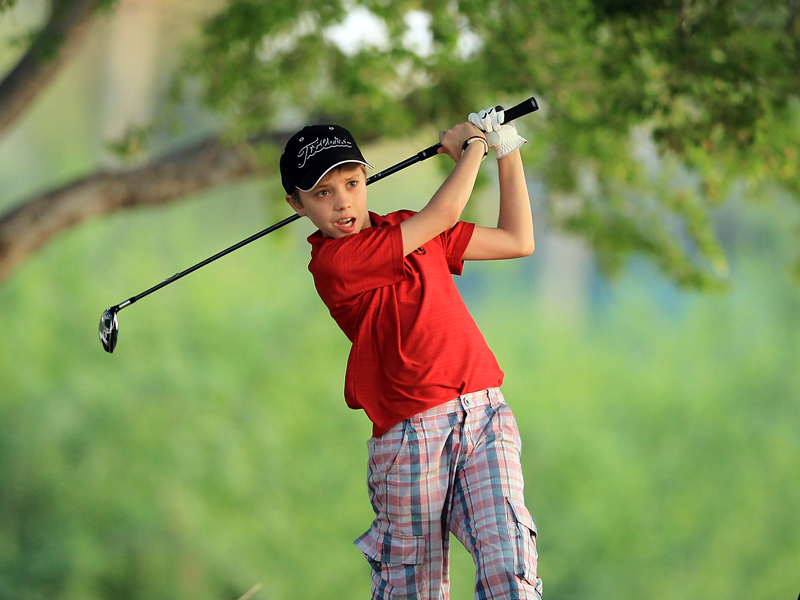 Should Clubs Offer Free Membership For Juniors?
Should Clubs Offer Free Membership For Juniors?Fergus Bisset and Jeremy Ellwood take on each side of the argument.
By Fergus Bisset
-
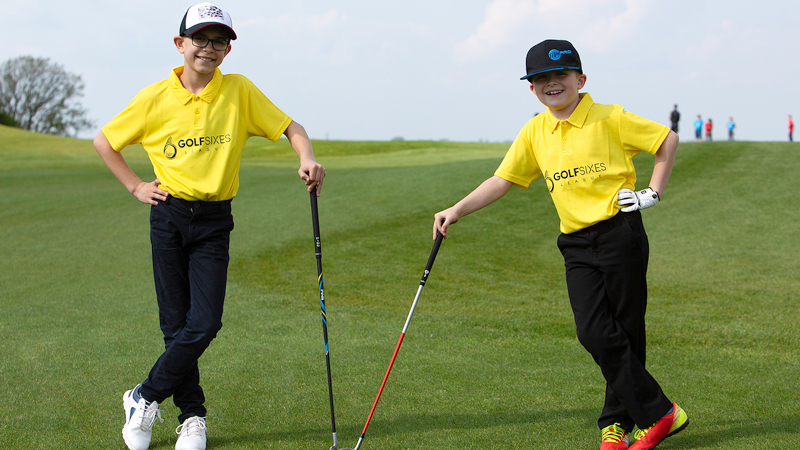 10 Things Clubs Can Do To Encourage More Junior Golfers
10 Things Clubs Can Do To Encourage More Junior GolfersJunior golfers are the game's next generation, so it's important that your club is welcoming them in the right way...
By Gary Munro
-
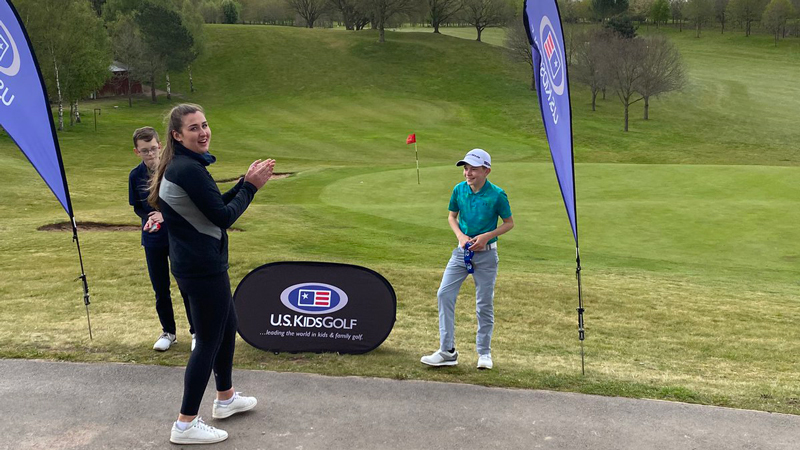 How PGA Pros Are Nurturing The Next Generation Of Golfers
How PGA Pros Are Nurturing The Next Generation Of GolfersWe speak to two PGA pros to hear how they're getting the next generation engaged with the game...
By Robin Barwick
-
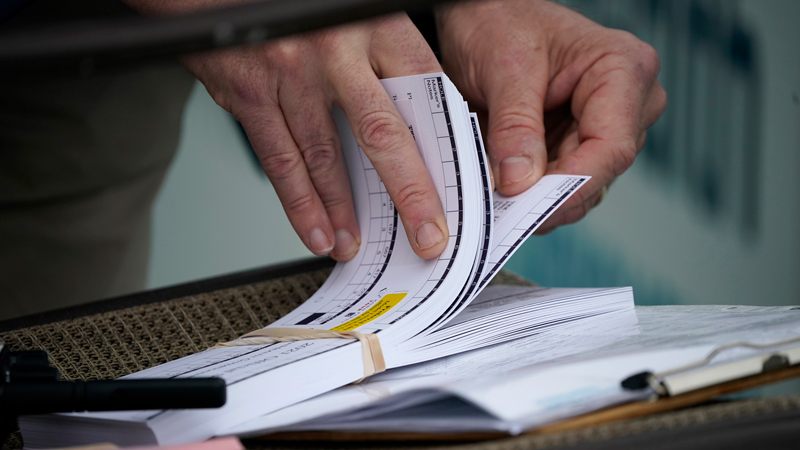 Why Volunteers Are The Lifeblood Of Golf Clubs
Why Volunteers Are The Lifeblood Of Golf ClubsWithout volunteers, golf clubs would not be able to offer some of their much-loved sessions
By Robin Barwick
-
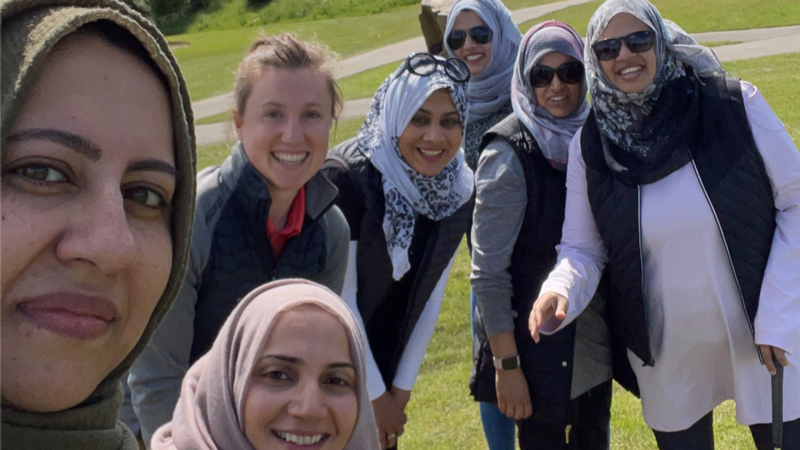 How Volunteers Are Helping To Shape The Game Of Golf
How Volunteers Are Helping To Shape The Game Of GolfGolf's grass roots would not be the same without its volunteers...
By Robin Barwick
-
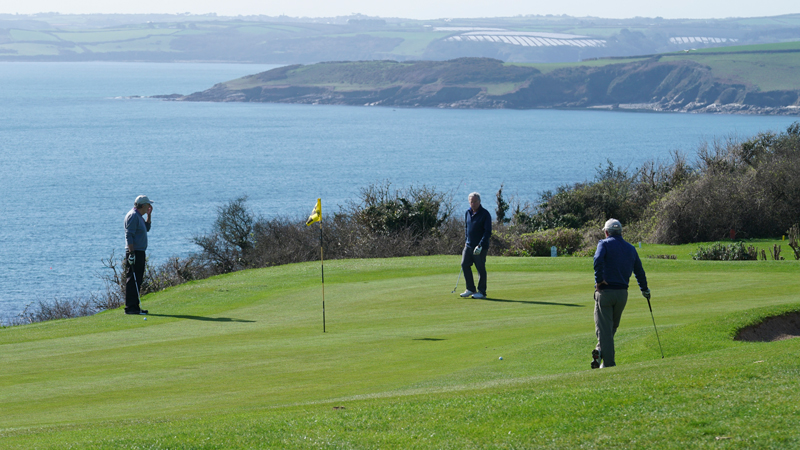 Are Five-Day Golf Memberships A Good Idea?
Are Five-Day Golf Memberships A Good Idea?Do they offer flexibility or just a discount for the time-rich?
By Fergus Bisset
-
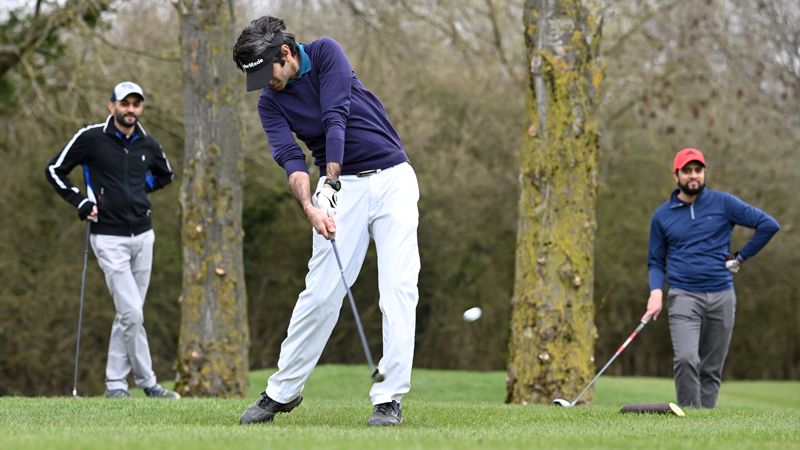 Why Golf Is Great Through Every Decade
Why Golf Is Great Through Every DecadeFergus Bisset examines why golf remains great through the decades of life and what can be done to enhance the experience further.
By Fergus Bisset